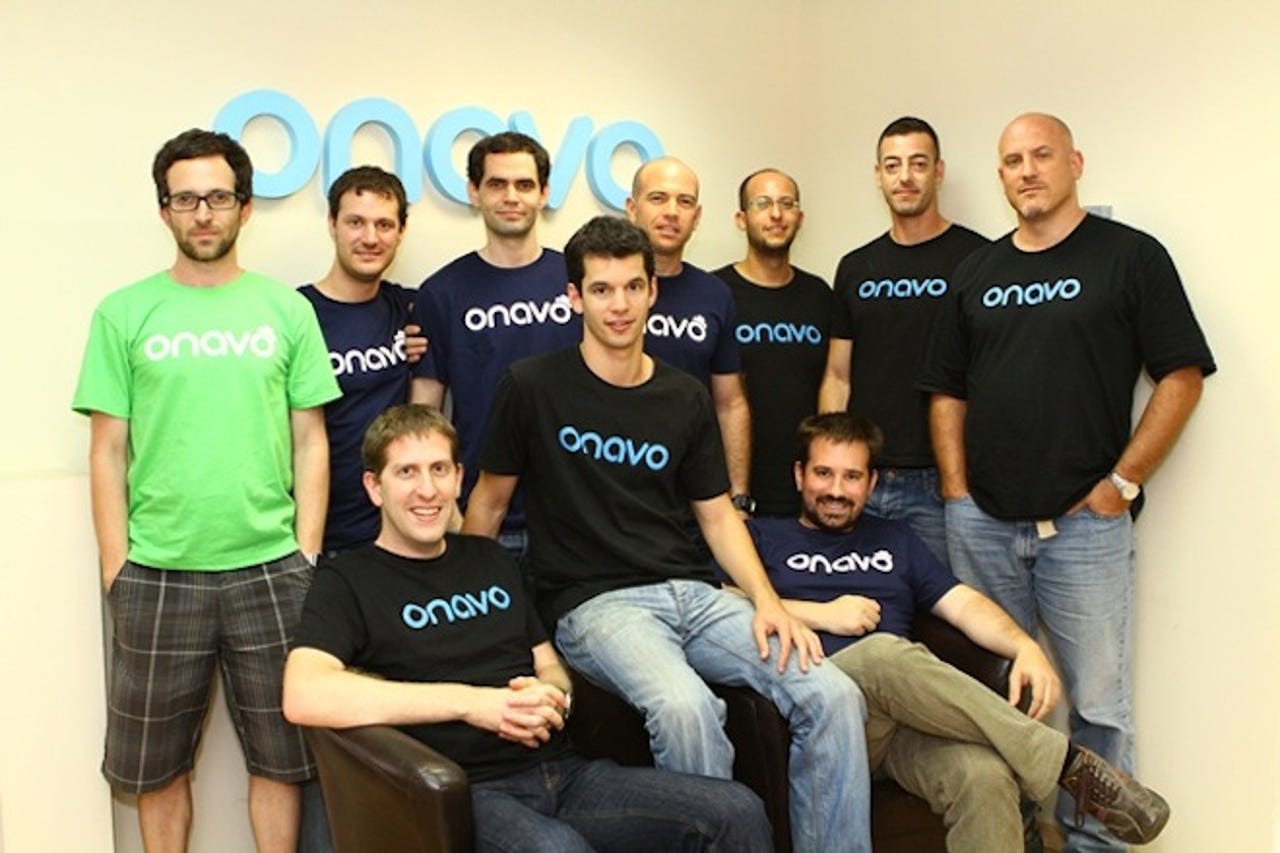With Israeli startup Onavo, Facebook hopes to take over the developing world


Facebook has acquired Israeli startup Onavo to help it take over new markets.
Announcing the deal, Onavo said on Sunday that it was being acquired by the social network giant for an unnamed sum – which insiders in Israel's high-tech community placed at as much as $200m.
Onavo's 'data-miser' app was introduced for iOS in 2011, with an Android version following in 2012. While the popularity of multi-gigabyte mobile data allowances continues to rise, users could historically find themselves out of data — and out of luck — fairly quickly if they were fans of streaming videos, or other data-heavy activities. Onavo's app compressed data using its own proprietary system, saving, the company claimed, as much as 80 percent of the load, depending on the app.
As an outgrowth of the app, Onavo developed Insights, a market intelligence service that purported to show market share and active usage of apps, a sort of 'little data' system that showed how people were using their devices. Insights started out as a premium product, but earlier this year the company moved to a freemium model, releasing some of the data at no cost.
While mobile networks are offering customers larger and larger data allowances, the Onavo data compression app is still used by hundreds of thousands of people, and the company is fully supporting them. And it will continue to do so, even with the Facebook acquisition — and will likely begin to support millions of new users. For using Onavo to expand Mark Zuckerberg's Internet.org project is exactly why Facebook acquired the company.
In a blog post, Onavo founders Guy Rosen (now its CEO) and Roi Tiger (CTO) wrote that their technology would become an integral part of Internet.org, established earlier this year by Facebook, along with Ericsson, MediaTek, Nokia, Opera, Qualcomm, and Samsung, to bring the power of the web to the billion or so who have no internet access at all – or whose access is very limited, with online connections measured in kilobytes, not gigabytes.
"As you know, Facebook and other mobile technology leaders recently launched Internet.org, formalising Facebook's commitment to improving access to the internet for the next five billion people — this is a challenge we're also passionate about," Rosen and Tiger wrote.
"We're excited to join their team, and hope to play a critical role in reaching one of Internet.org's most significant goals – using data more efficiently, so that more people around the world can connect and share."
By effectively extending their data allowances, users in the developing world will have an opportunity to get on the internet, with Facebook (the company hopes) their first foray into social media.
Facebook didn't fare too well in its last try to nab an Israeli startup: after months of negotiations, Facebook lost out to Google on acquiring Waze. Among the reasons Facebook was left out in the cold was its insistence on moving Waze's operations to its existing R&D facilities. This time, however, Facebook will not be making the same mistake.
"We are incredibly proud of the talented team we have assembled, and, recognising this, Onavo's Tel-Aviv office will remain open for business and will become Facebook's new Israeli office," Rosen and Tiger wrote. "When the transaction closes, we plan to continue running the Onavo mobile utility apps as a standalone brand. As always, we remain committed to the privacy of people who use our application and that commitment will not change."
Commenting on the deal, one Israeli high-tech investor said that the lack of an Israeli R&D center has been a topic of conversation in the investment community. "People were starting to ask 'what's wrong?' It's hard to think of a major American tech company that doesn't have a presence here. With the Onavo acquisition, Facebook is finally going to be able to take advantage of the rich talent Israel has."